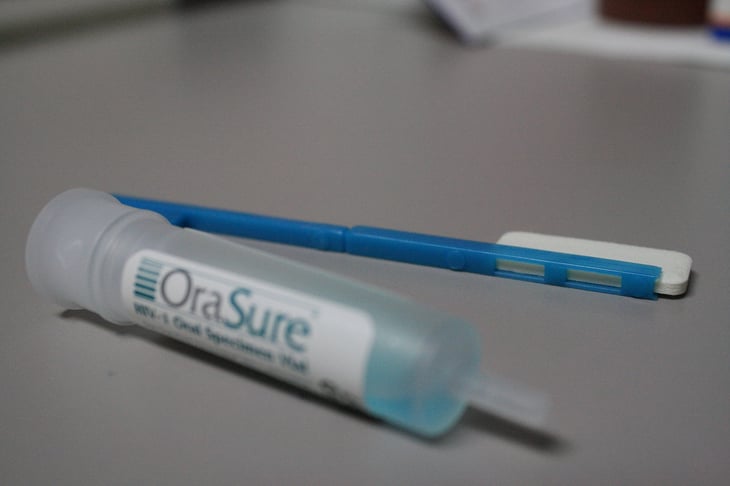World AIDS Day--recognized every year on December 1 since 1988--is an occasion to reflect on the global impact of HIV and AIDS and health care inequities across world populations. On this day, HIV/AIDS organizations around the world affirm their commitment to eliminate stigma and expand testing and treatment to people living where rates of HIV and AIDS remain high.
The U.S. Global AIDS Coordinator--Ambassador Deborah Birx, M.D.--asserts, “We will only end the AIDS epidemic by 2030 if no one is left behind. It is unacceptable that key populations still face stigma, discrimination, and violence, which impede their ability to access quality HIV services.”
This year, the U.S. is working to control an epidemic in Scott County, Indiana that has a higher incidence of HIV than any country in sub-Saharan Africa. Austin--the county seat with a population of 4,200--has more cases of HIV than all of New York City. In this small, rural county, the forces of poverty, addiction, and politics drove an injection drug problem to cause the first-known HIV outbreak related to the current opioid crisis in America.









